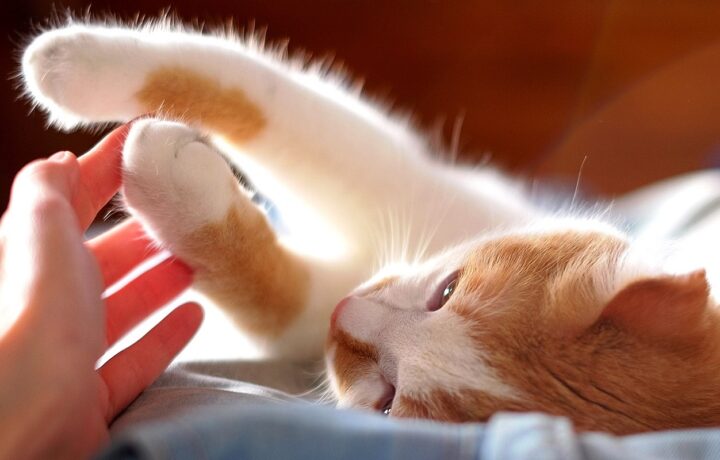If you have a cat we are sure you love them dearly, although if you are the same as any other pet owner, there will doubtless be times where your cat’s behaviour does not always please you. Cats may behave strangely for a number of reasons, and the point might come where you have to consider if it would best for them to have their own backyard cat enclosure.
Making that decision might be tough for some cat owners, and that is understandable. However, unless your cat’s behaviour improves, the risk is that it gets so bad that both you and your cat become distressed. Thereafter, the most likely outcome is that you may want to be rid of the cat, and is not the right solution for them, nor for you.
There are a number of signs that your cat’s well-being may be served by them having their own cat enclosure. This could be a cat enclosure that is permanently assembled in one spot or a portable cat enclosure that can be positioned wherever it seems best at the time.
Before you choose which one, you need to identify which behaviours are the ones that are leading you towards having to make a choice. We should point out that if any of these behaviours give you cause for concern with respect to your cat’s health, then you should certainly book an appointment for them to be examined by a vet.
As for those tell-tale signs and behaviours that suggest a cat enclosure might be a solution, here are the main ones.
Scratching
All cats love to scratch and whilst it is something that comes naturally to them, if they do it excessively and to items that are of value, such as wooden furniture, then it may be cat enclosure time. In a cat enclosure, you can provide them with all the scratching material they could ever wish for and it would allow them to release much of the energy that they have and which they would normally target towards those scratchable items in your home.
Vocalisation
When non-pet owners are asked to name the most annoying pet noise they tend to think of dogs barking, but if you have a cat indoors who likes to make themselves heard, you will certainly beg to differ at 3 am when you are awoken by your cat meowing at the top of its voice.
Cats vocalise at night because instinctively they are nocturnal animals who tend to come to life when the rest of us are trying to sleep. If their night-time noise has become too much for you, then them having their own cat enclosure where they have lots of room to move about means they can meow all they want, while the noise you make is ‘Zzzzzzz’
‘Messing’ Indoors
The quintessential pet owner problem is their beloved pet urinating indoors, and with cats, it might not always be in their litter box. The first thing to repeat is that if your cat suddenly starts urinating or defecating when it should not, then get them checked by a vet to ensure this is not being caused by some illness.
If they get a clean bill of health then a backyard cat enclosure is the next step. Here you should place their litter box and given that cats are normally clean animals, they are more likely to do their business in that litter box, rather than in the cat enclosure where they live for large periods of the day.

